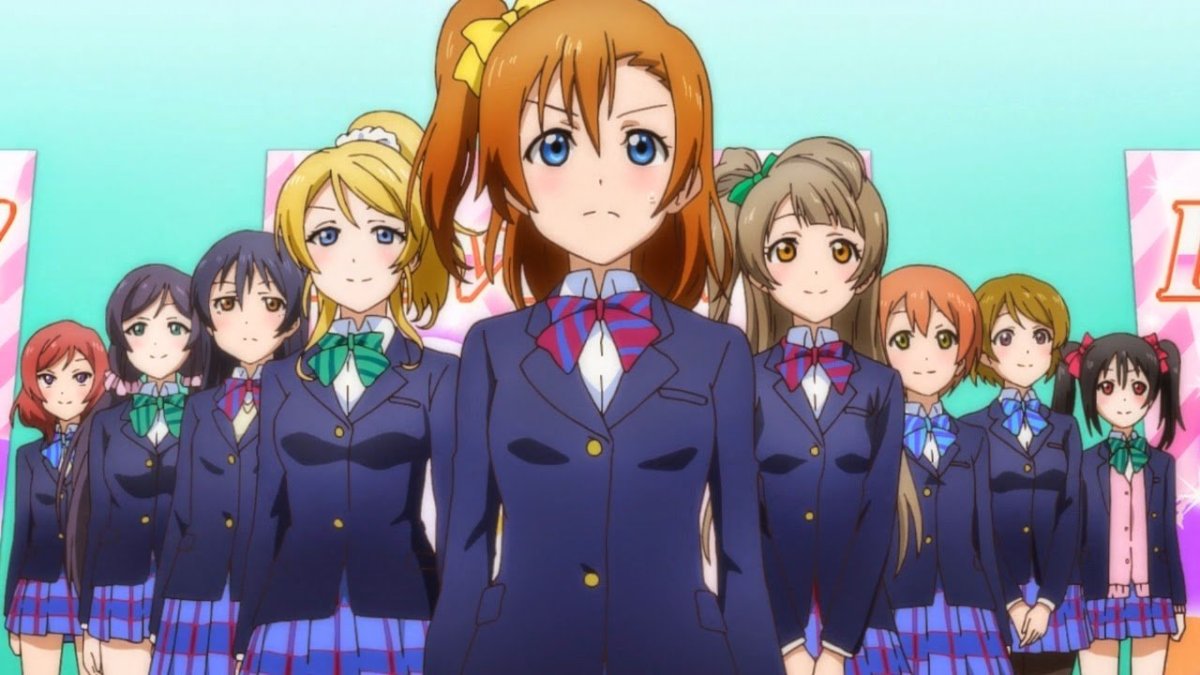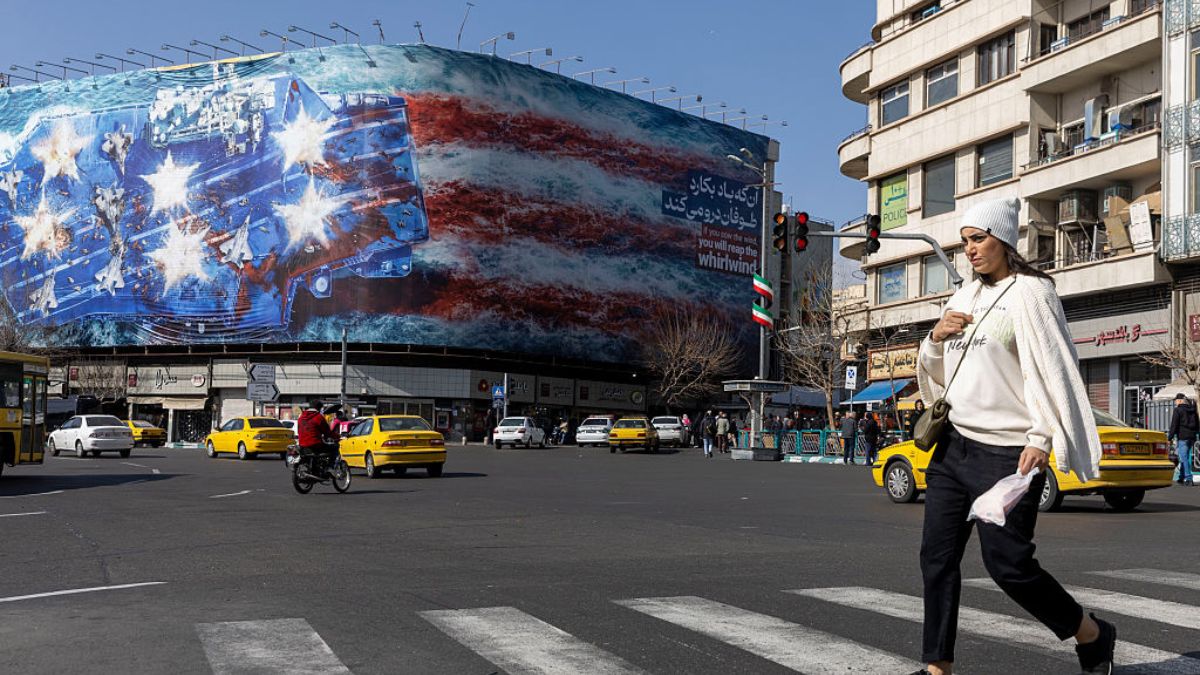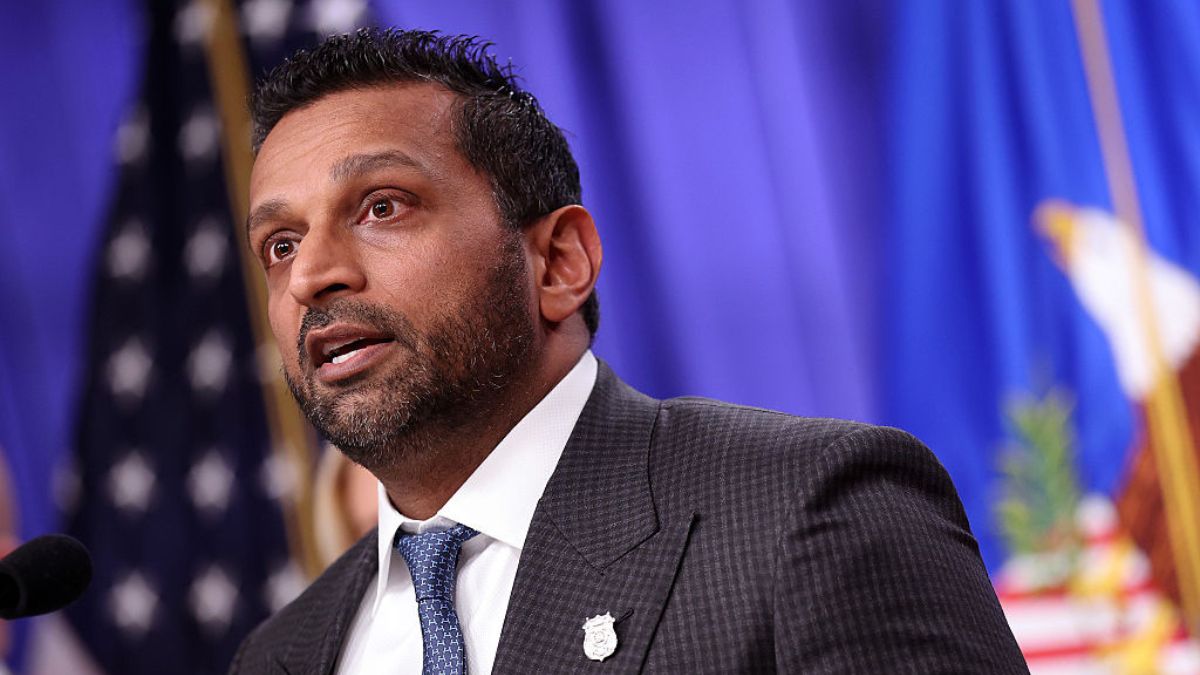If you’re not familiar with the hulking, shambling beast that is Love Live! School Idol Project, run. It will consume you. Love Live! is a multimedia project about an assortment of students who try to save their all-girls school from closure (due to lack of enrolling students) by forming a school idol group in order to attract fresh blood. Catchy songs, solid characters, cute designs and a variety of costumes have each done their part to make Love Live! popular.
Those who nodded knowingly as soon as you read ‘all-girls school’, will have grasped Love Live!’s other major draw: the same-sex interactions that occur in an environment where boys don’t seem to exist. Love Live! has a huge LGBT following as a result, which is why it was so strange that the English version of the free-to-play rhythm game/visual novel/soul-sucker went out of its way to scrub out references to homosexuality.
Since the game’s English release in May 2014, this has remained a sore point among fans. Until yesterday.
During routine maintenance, KLab, the studio behind Love Live! School Idol Festival made a simple announcement stating that some translations had been fixed to ‘better convey the nuances of the original text’. This was accompanied by a more detailed statement on the Facebook page of KLab’s American arm.
We would also like to address one specific concern raised by some gamers, namely that we were engaging in self-censorship by removing or softening some playful same-sex banter from the English version. This absolutely was not our intention. We localized the game based on our interpretation of the original anime contents, but at the same time, we also respect our gamers’ interpretations as well. We take to heart the comments from some of our gamers who felt we were dismissing them in some way by some of our translations. We truly regret any hard feelings that we may have caused.
The change was received well, with many fans taking to the #LoveLiveWins hashtag to express jubilation. Others engaged in debates about the role or translators and localizers, but most were happy to see their concerns addressed, however long it took.











Published: Jun 30, 2015 10:43 pm